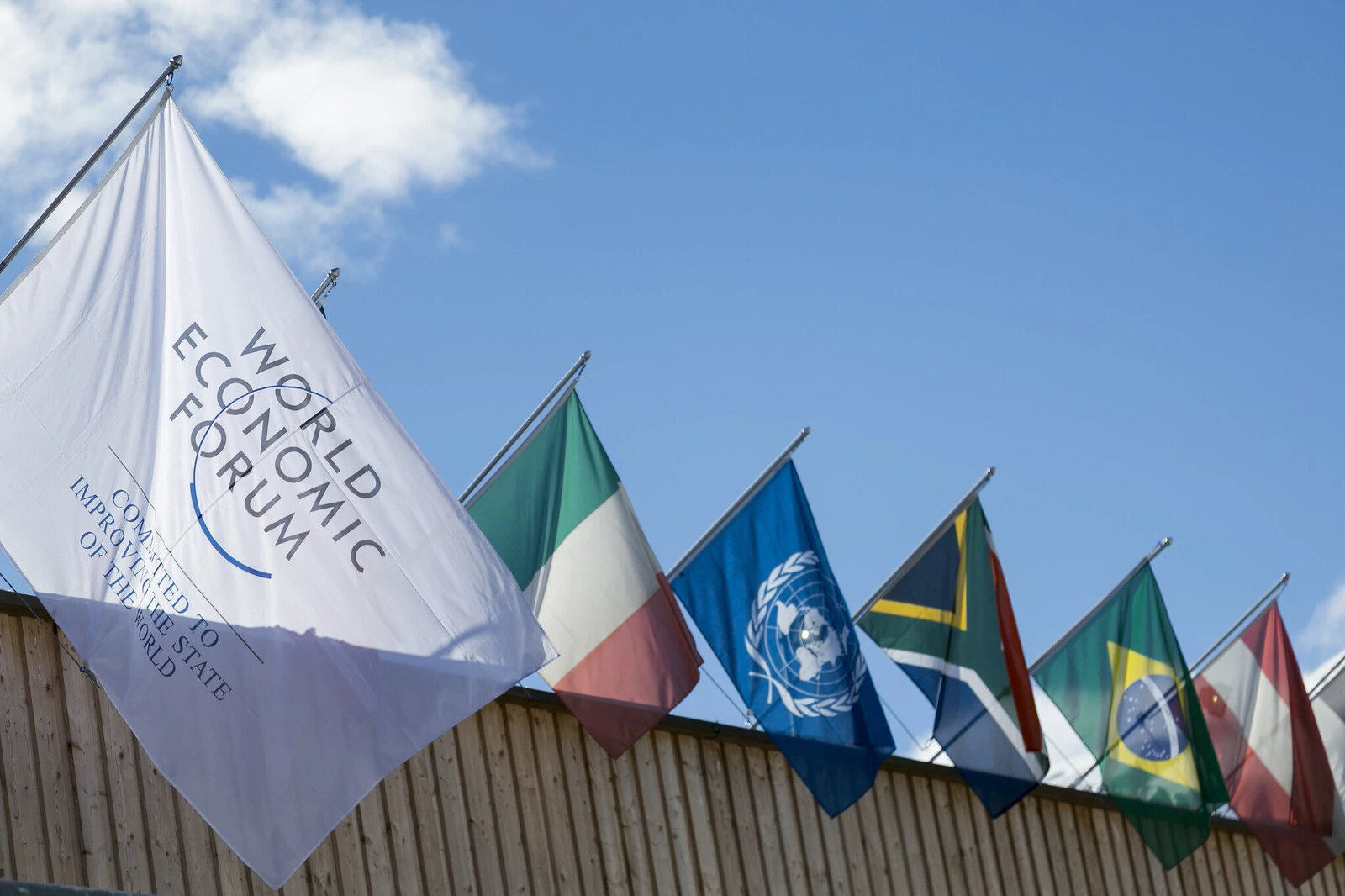Geneva, Switzerland – The World Economic Forum Annual Meeting 2024 is set to gather over 2,800 global leaders in Davos-Klosters, Switzerland, from January 15-19, with the overarching theme of “Rebuilding Trust.” Against a backdrop of increasing division and uncertainty worldwide, the forum aims to foster dialogue, enhance collaboration, and forge partnerships to tackle pressing global issues.
Klaus Schwab, the Founder and Executive Chairman of the World Economic Forum, highlighted the urgent need to address societal divides and rebuild trust in shaping a more promising future beyond crisis management.
“We face a fractured world and growing societal divides, leading to pervasive uncertainty and pessimism,” Schwab said. “We have to rebuild trust in our future by moving beyond crisis management, looking at the root causes of the present problems, and building together a more promising future.”
The meeting’s programme, a WEF statement said, will address the latest global developments and will draw on the forward-thinking work of the Forum and its stakeholders to deliver innovative, practical solutions.
“The meeting aims to revitalize and reimagine the cooperation necessary for advancing resilience and security; reviving economic growth that improves living standards; pursuing rapid action that protects the climate and nature while securing energy; ensuring technological developments are inclusive; and investing in people and equitable opportunities,” the statement added.
The program entails sessions addressing global security, economic growth, climate action, technological disruption, and health and well-being. The forum will emphasize public-private collaboration to translate ideas into actionable solutions, acting as an accelerator for cooperation among leaders and initiatives.
Discussions will center on fostering regional partnerships, strengthening North-South collaboration, and devising measures for an effective and inclusive trade system. Additionally, the event will serve as a platform for diplomatic dialogues, including discussions on Ukraine and the Western Balkans, with a pre-meeting gathering of 70 national security advisers.
Economic sessions will focus on industrial strategies, debt management, job outlooks, and the evolving global economic landscape. The forum will launch initiatives such as the Future of Growth Initiative and release reports like the Global Risks Report 2024 and the Chief Economists Outlook to guide discussions on economic expectations and risks.
Addressing climate, nature, and energy concerns, the forum will leverage COP28 momentum to scale renewable energy deployment, enhance energy efficiencies, and advocate for nature protection and restoration. Initiatives like the First Movers Coalition and Alliance of CEO Climate Leaders will be advanced, alongside new efforts to mobilize energy transition investments in the Global South.
The technology-focused sessions aim to harness rapid technological advancements while managing associated risks. Discussions will delve into global cybersecurity outlooks, artificial intelligence insights, and initiatives like the EDISON Alliance and AI Governance Alliance to promote digital inclusion and responsible AI development.
Human development sessions will prioritize placing people at the core of economic and technological transformations. Topics include income inequality, social mobility, gender equality, and health improvements, supported by initiatives like the Reskilling Revolution and Gender Parity Sprint.
The Arts and Culture program will highlight pressing issues like protecting the Amazon and its indigenous communities, gender equality, addressing forced displacement, natural disasters, planet pollution, and mental health concerns. The program includes the 30th Annual Crystal Awards and involves over 35 Cultural Leaders advocating for these causes.








